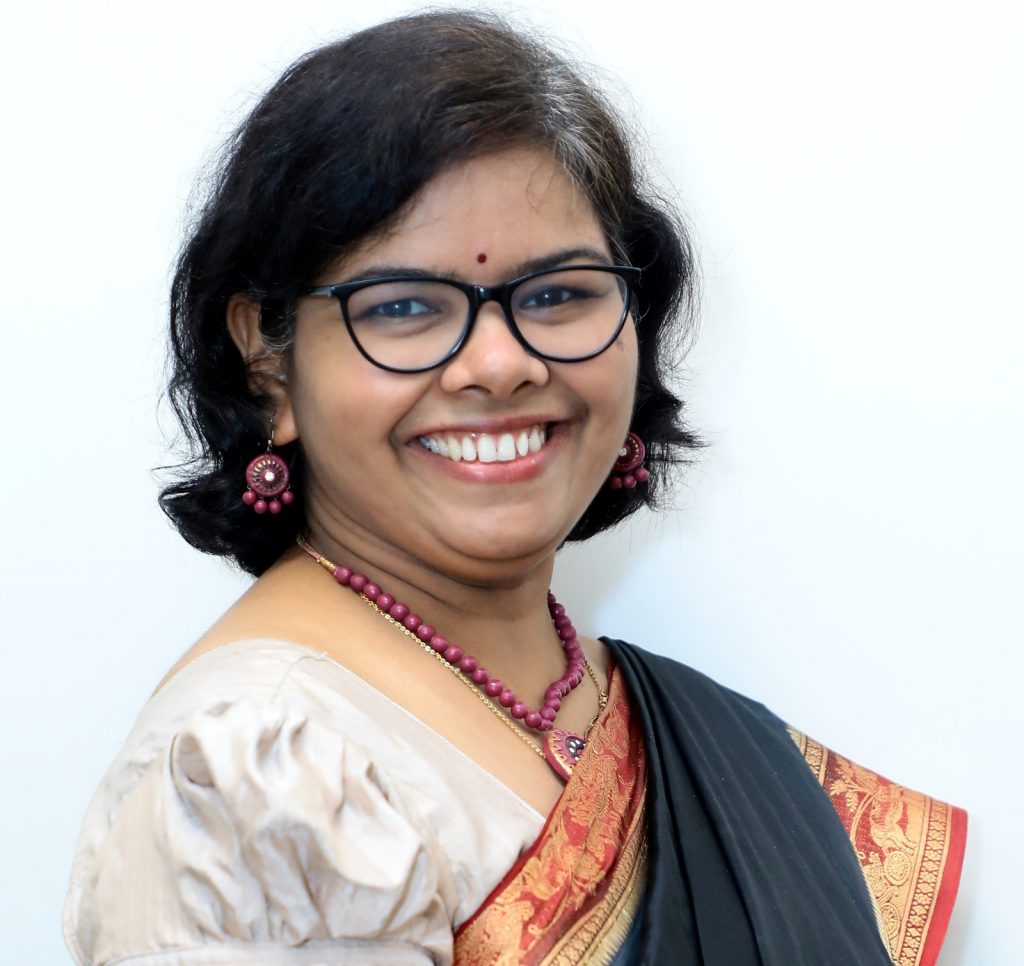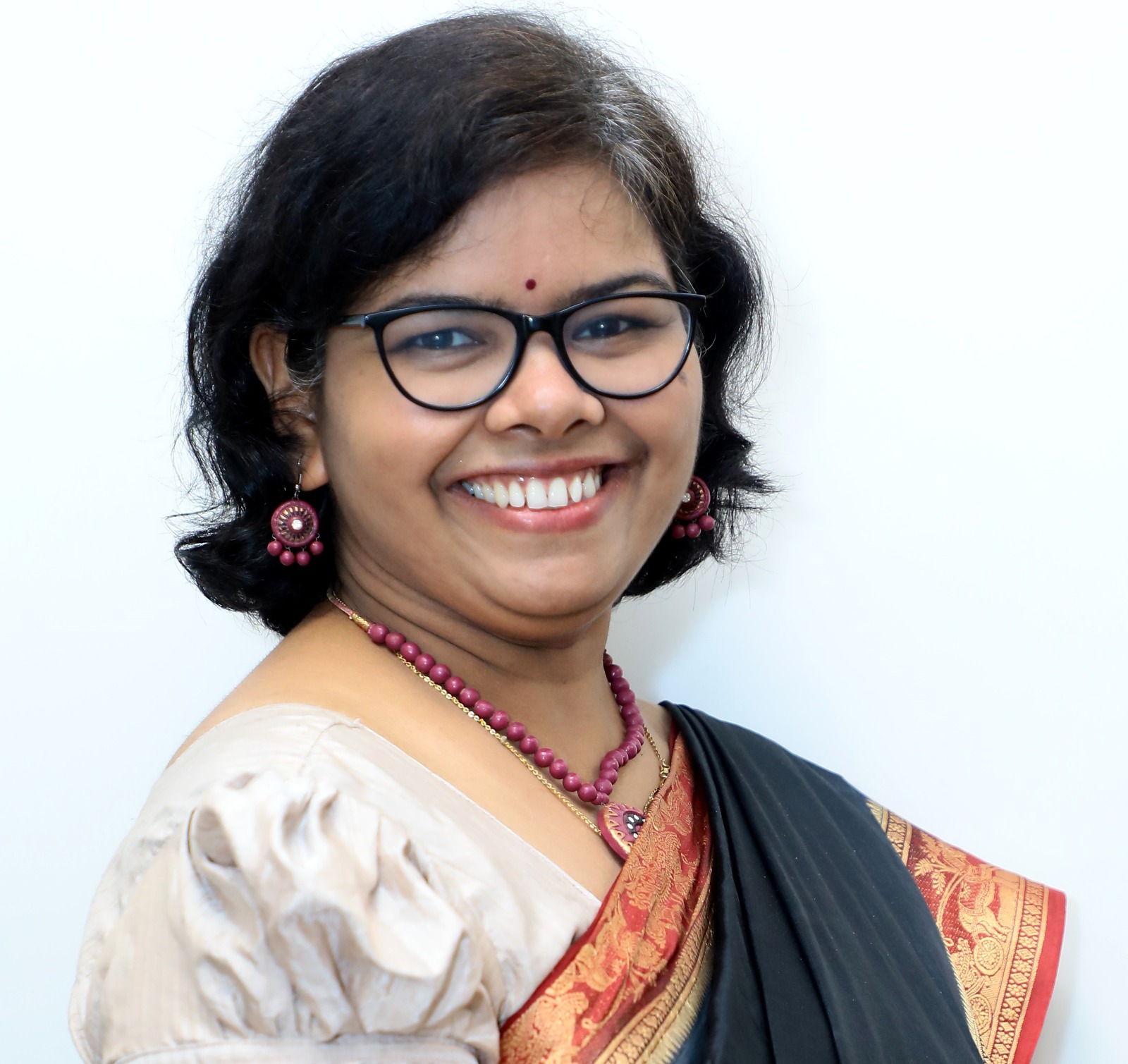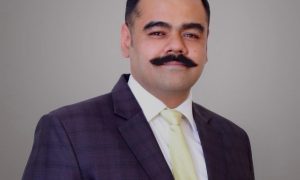This interview has been published by Namrata Singh and The SuperLawyer Team

Your journey spans over 17 years, and you’ve worked with reputed law firms and companies. What inspired you to pursue a career in law?
I was fascinated with UPSC and the legal profession both. I loved reading from my childhood days. We didn’t have a television in our house and considering that the distractions were lesser then, I ended up reading a lot of newspapers. I used to regularly read Hitavada and its Monday supplement: Challenger, an inspirational piece for young students. When I told my family that I wanted to pursue law, my mother supported me and took me to meet a few lawyers and those interactions helped. Realizing that I had no family background in law, the seniors helped me understand that the actual legal world was very distinct from the legal world depicted in movies and that I should be prepared for struggle and a lot of reading and paperwork.
Your role involves advising on commercial, contractual, and HR-related issues. How has your diverse experience shaped your approach to legal advisory, particularly in corporate and HR matters?
Advising on HR matters needs one to adopt a humane approach and I focus a lot on understanding the situation in detail, before jumping to conclusions. With every change in an organization, one comes in contact with people from various backgrounds and genres and every interaction helps individuals grow.
What do you find most rewarding in your advisory work, and how do you navigate the challenges posed by the dynamic nature of these fields?
The most rewarding aspect is when the deal gets closed on balanced terms. I always feel that a contract needs the active involvement of the parties along with the lawyers. If we manage to retain the client’s interest despite multiple tracks changed colour-coded versions, the document will truly reflect the understanding and the possibility of dispute is less.
The challenges posed in this field are no different from the challenges in other fields. Typically, stubbornness is a problem one comes across in contract negotiation. Navigating stubbornness requires a lot of patience along with adopting various methodologies, like independent business team interactions, cogent examples, clear illustrations and so on.
You’ve been an external member of many ICC(s) and have handled investigations under the POSH Act. What insights have you gained from this experience, and how do you approach creating a safe and inclusive workplace environment?
POSH issues are very sensitive and delicate. One must understand that POSH is an impact-based law i.e. irrespective of intentions, it’s the impact on the aggrieved woman that matters. Education and training is the only method to handle this issue. If organizations conduct regular training effectively, this issue can be handled. Each organization has its own culture and methods of functioning. Thus, in the case of new employees, it is important to train and sensitize them to these issues.
In addition to your legal qualifications, you’ve completed a course on Conflict Management from IIT, Madras. How has this course enhanced your skills, and in what ways do you incorporate conflict management strategies in your professional life?
Conflict management through mediation is the way forward. It’s a very mature way of handling the dispute and requires the parties to be actively involved. We are required to maintain a very objective attitude many times as lawyers, but sometimes there are issues when we tend to get involved, and that’s when the learnings from this course remind us that objectivity is the key in certain roles.
As a Legal Advisor for Tata Teleservices Limited, you gained insights into corporate functioning, documentation, negotiation, and risk mitigation. How have these insights influenced your current role, and what key lessons did you take away from your time at Tata Teleservices?
Tata Teleservices was a delightful experience, more so because of the wonderful corporate legal team that I was part of. While the work of an in-house counsel is different, my stint at TATA ensured I understood the end-to-end process of corporate documentation, right from proposal to the final storage of the executed document. The advantage of working in an organization that is conscious of compliance is that all stakeholders come together and apply themselves together to mitigate the possible risks. Such brainstorming exercises and detailed deliberations are very helpful.
You’ve conducted regular POSH training sessions for various organizations. What do you enjoy most about these training sessions, and how do you make legal concepts more accessible to a diverse audience?
Conveying the delicate concepts of POSH needs a firm demeanour. Apart from regular methods like presentation, videos and interactions, we also use a lot of role-play to demonstrate the proceedings. While my effort is to sensitize the audience about the legal consequences that may arise should an issue arise, I also endeavour to make it clear that the mechanism is not to be misused. We also suggest that organizations attend vernacular training to ensure that everyone gets the message clearly.
Your expertise spans from handling litigation matters to advising on real estate transactions and now leading teams at YNZ Legal. Can you share a memorable or challenging experience from your career that has impacted your approach to legal advisory?
One of my distinct memories related to an interesting company matter that I handled long back. The issue related to oppression and mismanagement and there was an urgency that needed us to get a quick injunction before the AGM. We worked very closely and almost round the clock with clients and counsels to draft effective pleadings to ensure that an injunction was obtained. The case was on a niche legal point and could have turned either way. We researched various cases and prepared written arguments. When the day of the hearing came, the client refused to come to the court and said that he would sit in our office and wait for us since he trusted us completely. While my senior understood, I tried convincing the client to come to the court in case we needed any instructions etc. He persisted and urged me to go on. His confidence and trust in us touched me. Thankfully, the order too came in the client’s favor.
Apart from your legal expertise, you lead various environment-related initiatives in society. Could you share more about your involvement in these initiatives and how you believe each of us can contribute to sustainability and environmental causes?
To be very honest, it’s a very small plastic recycling project that we do in our society voluntarily, but we have been consistently doing it since 2017. Till date, our society has contributed almost 35000 kg of plastic for recycling with the active contribution of residents. We work with various organizations who come to collect plastic waste at our doorstep. Each family is expected to segregate every bit of plastic waste that they generate like food wrappings, bottles, milk packets, pens, stationery, toothbrushes and so on for 15 days. The vehicles from these organizations pick up the plastic waste for recycling.
I am from Nagpur, a city that has the distinction of being a very clean and green city. I was a part of the nature club in my school days and my teacher had inspired us to be conscious towards the environment then. When I used to travel from Nagpur to Mumbai regularly during my college days, I used to see a lot of plastic being dumped on plants near railway lines. While plastic pollution is a topic for many drawing and essay competitions, concrete steps towards reducing plastic usage need to be taken by each individual and family. Once reduced, these recycling activities can be adapted for unavoidable plastic.
Balancing a legal career with your other activities like pursuing Bharatnatyam (being a Nritya Visharad) and being an active runner and cyclist is impressive. How do you balance your professional and personal interests, and how do these activities contribute to your overall well-being?
(Smiling)
Time management is the key in today’s world. Of course, one cannot do everything at the same time, but if you plan the entire week or month in one go, then it’s easy to find time for most things. Our profession requires a calm and sharp mind and regular breaks with other activities help one to recharge oneself. I rekindled my interest in cycling during the lockdown, thanks to friends and it has stayed on for a long. Bharatnatyam, again I must thank my teacher who continues to shower her blessings, and despite online classes drives the message of pursuing perfection in every class she takes.
Considering the evolving landscape of law and the world, what advice would you give to aspiring legal professionals and advocates who are part of the future generation, and how do you envision the role of legal experts in addressing the challenges and opportunities that lie ahead?
In-depth reading and writing skills are very critical. As lawyers, it is not possible to learn all the laws, but if one develops the habit of regular reading it can make a difference. Along with reading interesting blogs and legal update channels that are available, I would like to repeat some advice that I got from my senior. He would insist that one should read one judgement daily and when you take the judgement, read it from beginning to end so that you understand how to appreciate the facts, arguments and the decision as well.
Organizations are getting more and more conscious towards compliance these days. Opportunities are unlimited. Knowledge and effective communication in rich language are key essentials and one must try to develop these skills early on.
Get in touch with Aarti (Shrivastava) Banerjee–
























